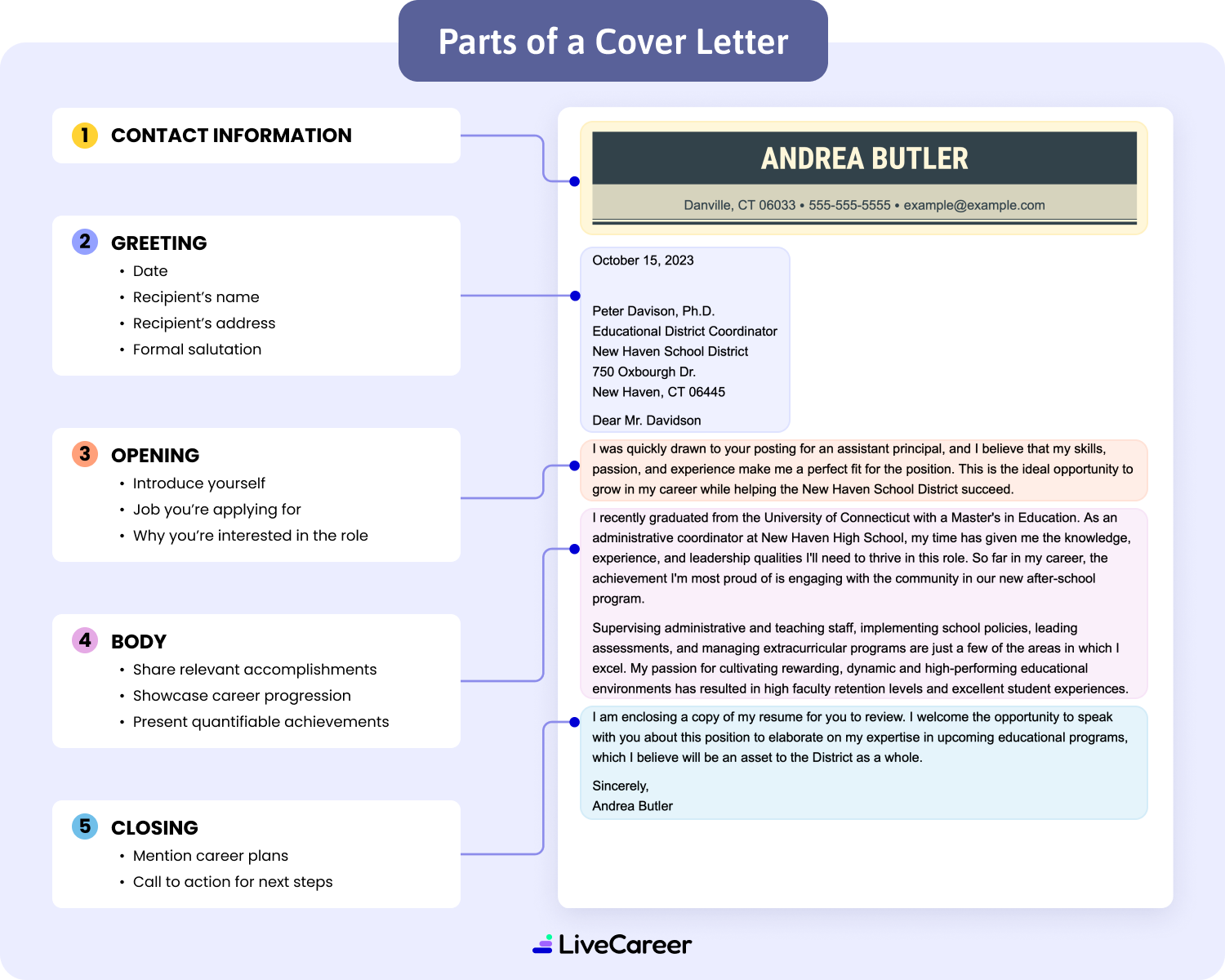Free Design Engineer Cover Letter Example
This cover letter template includes clear instructions on what to include in each section. Download it for free and personalize it by filling in the blanks with your details.
Your name
[City, State ZIP Code]
[Your Email Address]
[Your Phone Number]
[Today’s Date]
[Hiring Manager’s Name]
[Company Name]
[OPTIONAL: Department Name]
[Company Address]
[City, State ZIP Code]
Dear [Mr./Ms. Hiring Manager or Recruiter last name],
This section is your opener and should contain your ‘purpose’ or interest statement that explains why you would be interested in the job posting or the company. Make sure to reference keywords and statements from the job description.
This section is your opener and should contain your ‘purpose’ or interest statement that explains why you would be interested in the job posting or the company. Make sure to reference keywords and statements from the job description.
The body paragraph (s): should contain skills and qualifications related to the job, i.e., provide a narrative example of how your job-related skills were obtained/honed. Your goal here is to match the skills to the employer’s needs. Justify how your career experiences could fit into the position and the organization.
The end paragraph: is the closer that would signify a ‘call to action’ by reiterating an essential qualification for the position you possess and an appreciation for the employer’s consideration.
Closing statement: Thank the employer/recruiter for their time.
Sincerely,
— Your Full Name
If you want to make it more presentable, check out our professional cover letter templates, which include more than a dozen customizable job-appropriate designs.
Build a Strong Design Engineer Cover Letter in Minutes
Pick a professional template.
Our builder will tailor your letter to the desired role once we know your details.
Choose the text suggestions that match your qualifications.
The builder features professionally written content and keywords that you can select.
Download and send to employers.
Save and send it as a PDF, Word DOC, or any other format the employer wants.
How to Write a Design Engineer Cover Letter
Writing a cover letter doesn't have to be a hassle if you follow our step-by-step guide. The following infographic will show you the essential sections of a professional cover letter.

If you're trying to write a cover letter and don't know where to start, the following step-by-step guide will break down the writing process into a few easy steps.
Step 1
Format your cover letter’s header correctly
Every cover letter must have a properly formatted header. In this first section, you'll share the letter's date, details about the recipient and a formal greeting.
April 09, 2025
Mr. Samuel Thompson
Hiring Manager
TechDesign Solutions Inc.
123 Innovation Road
Newark, NJ 07105
Dear Mr. Thompson,
Micheal Jhonsson
12345 Imaginary Rd
Mangotown, CA 99999
(555) 123-MISTAKE
michael.jhonsson@emailz.com
April 09, 2025
Dear Hr Manager @ TechFix It,
Re: Positon No. 473829—Graphical Engineer Design
Never address your letter's recipient with a generic salutation. If you can't find the recruiter's information, you can address your cover letter with “Dear Hiring Manager.“
STEP 2
Introduce yourself in the opening paragraph
Your design engineer cover letter must quickly capture the hiring manager's attention. Introduce yourself with your professional title and key qualifications, such as in-demand skills or specialized expertise. For example, see how these two opening paragraph examples compare:
As a mechanical design engineer with five years of experience in product development, I am excited to apply for the design engineer position at Innovent Solutions. My expertise in 3D modeling and prototyping has prepared me for this role, especially my ability to streamline design processes. Recently, I reduced prototyping costs by 30% by implementing advanced simulation tools, enhancing overall project efficiency.
Hey, I'm interested in the design engineer role at Awesome Engineering Solutions. I'm passionate about design and have some experience that might fit your needs. Thanks for considering my application!
A great way to begin your cover letter is by sharing that a current or former employee has recommended you. Approach this topic tactfully by copying our examples of referral cover letter opening paragraphs.
STEP 3
Share relevant achievements in the body paragraph
Your cover letter's body paragraph will comprise the bulk of your document and should focus on quantifiable achievements and additional key skills. You can also get more personal with this section and show employers your passion for the job or career goals.
With a robust background in mechanical design engineering, I spearheaded a development project that cut production costs by 15% while enhancing efficiency by 20%. My proficiency in CAD and problem-solving facilitated these achievements, underscoring my ability to deliver innovative solutions. While coordinating a diverse team, I enhanced collaboration skills, ensuring projects met tight deadlines without compromising quality. I'm eager to bring this blend of technical and teamwork skills to your esteemed company.
I am looking for a design engineer role because I could use more experience in this field. Though I haven't worked directly as a design engineer, I believe I can learn on the job. I think I have some design skills that might be useful, but I'm not entirely sure. I hope to fit in the team.
STEP 4
Finish by encouraging next steps
Finally, you'll finish your cover letter with a closing paragraph summarizing your top strengths and interest in an interview. Use a professional sign-off and sign your name. Done!
I am eager to bring my solid expertise in design and engineering to the innovative team at TechDynamics, contributing to cutting-edge projects with my passion for technical excellence. My proficiency in CAD and problem-solving will help advance your goals. I am excited about the prospect of discussing how I can contribute at an interview soon. Thank you for considering my application.
Best regards,
Alexandra Brock
I think I could fit well into the design engineer role you have. I am eager to start and keen to learn new things. If you think I could be suitable, please feel free to reach out to me. Thank you for considering this, and I hope to hear from you soon.
Best regards,
Michael Nguyen
Our professional advice makes writing a cover letter easy, but the fastest and most efficient way is with our Cover Letter Builder. Take advantage of key features like integrated spell-check, unlimited cloud storage and customizable professional templates.
Top Skills to Include in Cover Letter Examples for Design Engineer
Use this list of in-demand skills for a design engineer when writing your cover letter. Include a few of these soft skills and hard skills to show employers you have the interpersonal abilities and knowledge to thrive in the role.
- 3D CAD Proficiency
- Finite Element Analysis
- GD&T Understanding
- Design for Manufacturability
- Prototyping
- Material Science
- Mathematical Modeling
- CFD Simulation
- Tolerance Analysis
- Cross-functional Collaboration
- Innovation Mindset
- Communicative Design
Using our Cover Letter Builder gives you access to skills and content suggestions tailored to your target role. Simply type in your desired job title and writing style, and the Builder will write you a custom cover letter in virtually no time!













